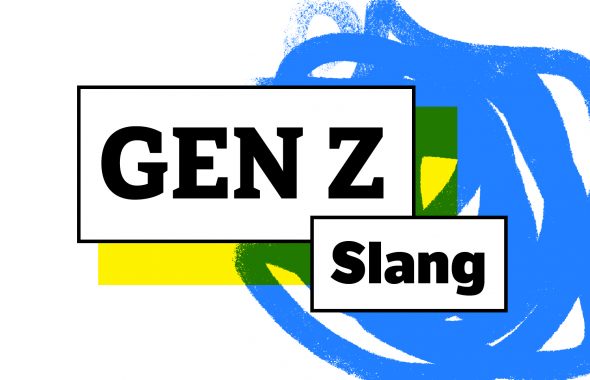How is it spelled?
It’s often assumed that there is only one right way to spell things in the English language. However, there is no single objective authority on English spelling. English, like many languages, is a living thing. It changes over time, with many different regional variations on how to spell words.
That can lead to some confusion, of course. Debates on the way to spell certain words have been raging for centuries. Perhaps the most famous (or infamous) example of this is when American lexicographer Noah Webster “simplified” spelling in his dictionary by dropping the letter -u from words with -ou, as in color for colour and neighbor instead of neighbour. He also exchanged S for Z, in words like analyze (instead of analyse).
This sparked many differences not only between American and UK spellings of certain words, but also debated spellings of American words we use in our everyday lives. Read on for some of the most confusing … and see if you agree with one spelling or the other.























